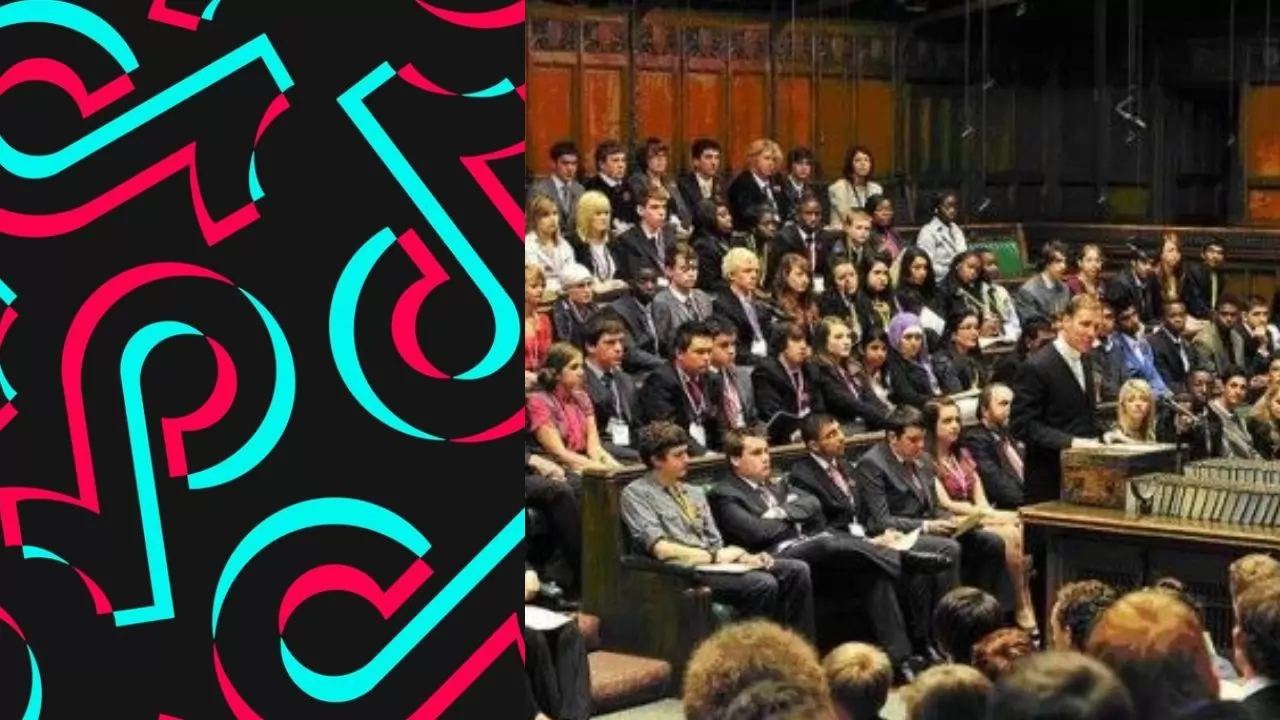
In a surprising display of unity amidst the often turbulent waters of American politics, the United States House of Representatives has passed a bill to ban the popular social media app TikTok. This move marks a rare moment of bipartisanship in Washington, as lawmakers from both sides of the aisle joined forces to address concerns over national security and data privacy.
President Joe Biden will sign the bill, which is known officially as the "Protecting Americans from Foreign Adversary Controlled Applications Act," into law if it comes to his desk.
The passage of the TikTok ban bill comes as a result of bipartisan efforts to address growing concerns regarding the app's ties to the Chinese government and its potential threat to American national security. Lawmakers from both the Democratic and Republican parties voiced their support for the legislation, citing the need to protect American citizens from potential surveillance and data exploitation.
House Speaker, John Smith, a Democrat from California, emphasized the importance of bipartisan cooperation in addressing emerging threats in the digital age. "The passage of this bill demonstrates that when it comes to protecting the safety and security of the American people, party lines become irrelevant. We must stand together to safeguard our nation against foreign adversaries who seek to exploit our vulnerabilities."
The decision to ban TikTok comes amidst mounting concerns over the app's data collection practices and its potential to be exploited by foreign actors. The app, which boasts over a billion users worldwide, has faced scrutiny from US lawmakers who fear that the Chinese government could use it as a tool for espionage or propaganda.
Republican Congressman, Michael Johnson of Texas, echoed these concerns, stating, "TikTok poses a clear and present danger to our national security. We cannot afford to ignore the risks associated with allowing a foreign-owned app to operate unchecked within our borders. The passage of this bill sends a strong message that we will not compromise on the safety and security of the American people."
The tech industry has reacted swiftly to the news of the TikTok ban, with many expressing support for the legislation. Silicon Valley giants such as Facebook and Google have long been critical of TikTok's data practices, and have welcomed the decision to ban the app from US markets.
Mark Zuckerberg, CEO of Facebook, praised the bipartisan efforts to address the security risks posed by TikTok. "We applaud the House for taking decisive action to protect American citizens from potential harm. The tech industry must work together with lawmakers to ensure that our platforms are safe and secure for all users."
With the passage of the TikTok ban bill in the House, attention now turns to the Senate, where lawmakers will debate the merits of the legislation before it can become law. While the bill has garnered widespread support in the House, its fate in the Senate remains uncertain, with some lawmakers expressing reservations about the potential impact of a ban on free speech and innovation.
Nevertheless, supporters of the legislation remain optimistic that it will ultimately receive bipartisan approval in the Senate, citing the importance of putting national security interests above partisan politics. As the debate over TikTok continues to unfold on Capitol Hill, one thing remains clear: in a time of deep political division, the passage of this bill serves as a rare example of Washington coming together to address a shared threat to the nation's security and privacy.





Copyright © 2026 Top Indian News
